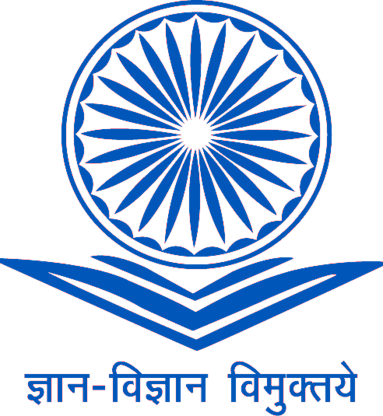Transition of Mergers & Acquisitions and Its Personnel Implications in Banking Sector: A Panoramic Review of Literature
Abstract
An economy's strength is determined by the stability and expansion of its finance industry. A strong economy is reflected in a country's banking sector. As a result, the majority of countries are implementing M&A agreements to reinforce their banking systems. For the purpose of taking advantage of banking synergy, numerous tiny and fiscally fragile banks have partnered with other enormous banks through mergers and acquisitions. It has aided banks in building up their cash reserves and improving their ability to extend credit. By engaging in merger and purchase activities, banks attempt to achieve inorganic development. If the merging institutions handle the merger process effectively, they will be successful in doing so. The integration of financial resources, human resources, other tangible resources, technological advancements, etc. are just a few of the aspects that banks must pay close attention to in order to handle the merger process effectively. The combining institutions carefully consider all financial elements of the combination. However, the majority of the time, human resource management-related variables, including poor interactions, ethnic barriers, job security, lack of motivation, and stress management, are not assessed thoroughly. As a result, banks have failed to achieve their objectives.














